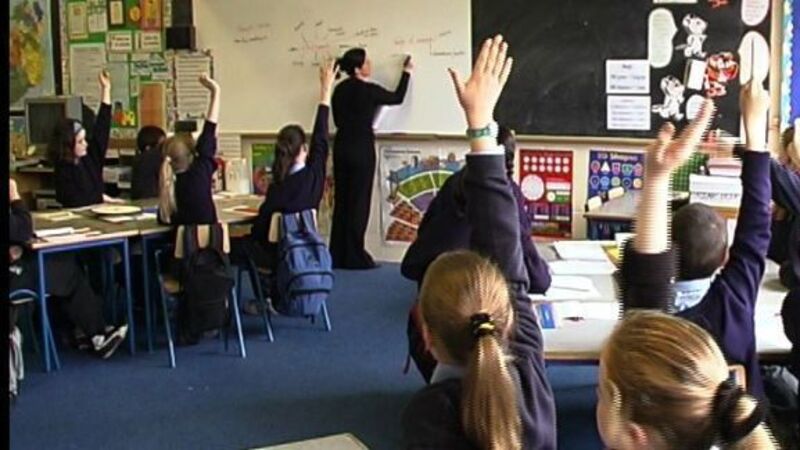Working to cut rising school costs

Back-to-school signs are up in shops nationwide, offering deals on uniforms, schoolbags, and sports gear, but for many parents, the saving for education costs is a year-round effort.
Data from the CSO and a back-to-school costs survey by Barnardos suggest many families are buckling under the weight of costs associated with sending their children to school.
















